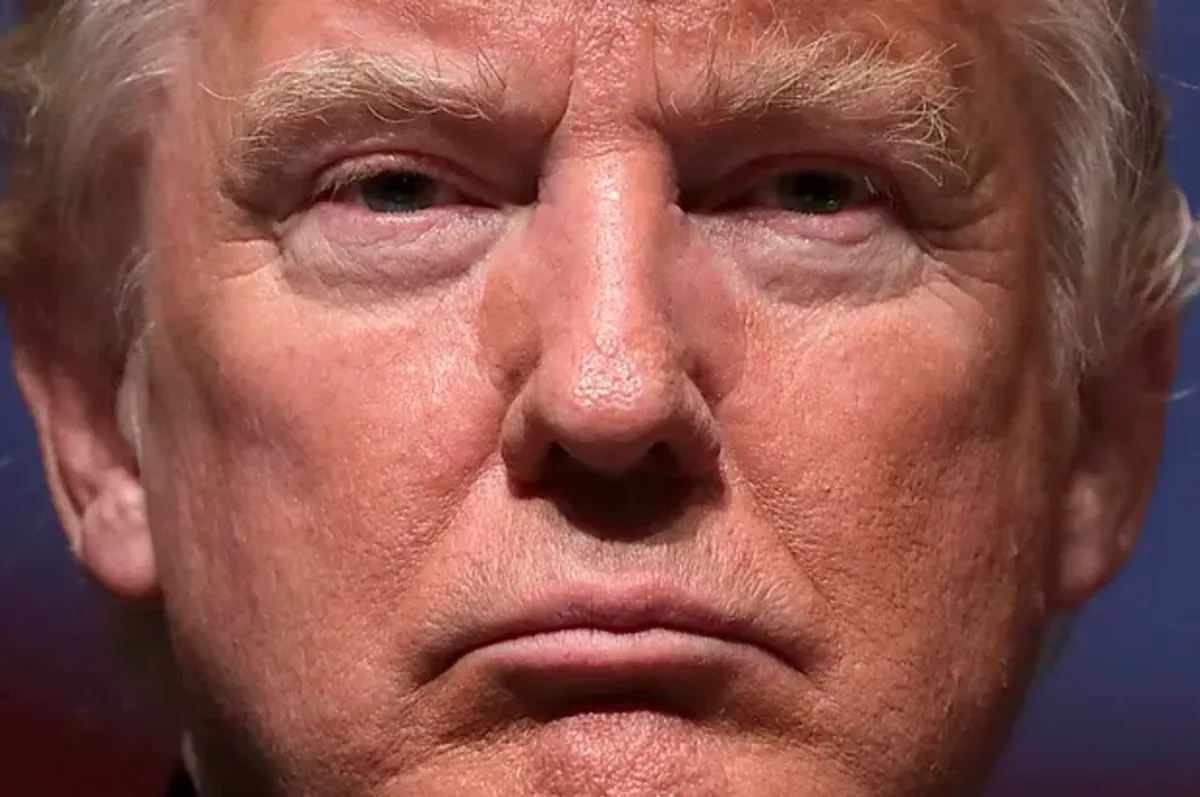
Controversial Actions of Donald Trump Post-2020 Election
In the aftermath of the 2020 U.S. Presidential Election, Donald Trump was at the forefront of numerous controversies. He challenged the election results, which confirmed Joe Biden’s victory, through various means. Trump and his legal team embarked on a significant but largely unsuccessful campaign to overturn the election results, lacking substantial evidence of widespread electoral malpractices.
Trump’s Legal Endeavors
Trump’s approach primarily involved filing multiple lawsuits in key battleground states, alleging voting irregularities and fraud. However, these legal pursuits largely proved futile, with many cases dismissed by courts due to a lack of convincing evidence.
The Georgia Voting Incident
A significant aspect of Trump’s post-election activities was his effort to influence officials in states like Georgia. He made headlines with his call to Georgia’s Secretary of State, Brad Raffensperger, urging him to “find” enough votes to change the election outcome. This action was widely condemned as an inappropriate interference in the electoral process.
The January 6 Capitol Incident
A notable event was the January 6, 2021, breach of the U.S. Capitol by Trump supporters. This followed Trump’s rally where he repeated baseless claims of election fraud and urged his followers to “fight like hell.” This event directly led to his historic second impeachment by the House of Representatives.
The Transition of Presidential Power
Despite these controversies, Joe Biden’s inauguration on January 20, 2021, marked the official end of Trump’s term as the 45th President of the United States. His post-election efforts stirred considerable debate and contributed to a deeply divided political landscape in the U.S.
Adolf Hitler’s Destructive Ambitions
Adolf Hitler’s reign is most notably tied to the catastrophic events of World War II and the Holocaust. His aggressive policies aimed at expanding the German Empire sparked the deadliest conflict in human history.
The Invasion of Poland
The invasion of Poland in 1939 by Hitler’s forces signaled the start of World War II. This led to Britain and France declaring war against Germany. Hitler’s military campaigns, characterized by rapid Blitzkrieg tactics and the invasion of the Soviet Union, caused extensive devastation across Europe.
The Holocaust Horror
During Hitler’s rule, the Holocaust stands out as a grim chapter, marked by the systematic genocide of about six million Jews and other minorities. This period is a stark reminder of the dire consequences of extreme prejudice and hatred.
Joseph Stalin’s Reign of Terror
Joseph Stalin’s leadership in the Soviet Union was defined by the Great Purge, a severe campaign of political repression that targeted perceived enemies of the state, affecting countless Soviet citizens.
The Great Purge
This period instilled widespread fear and paranoia in Soviet society. Stalin’s policies led to significant suffering and loss of life among the population.
The Holodomor Tragedy
The Holodomor, a man-made famine in Ukraine from 1932 to 1933, stands out as a particularly horrific event under Stalin’s rule. His forceful collectivization policies and harsh measures led to the deaths of millions.
Mao Zedong’s Turbulent Leadership
Mao Zedong, the founder of the People’s Republic of China, oversaw a period marked by significant upheavals like the Cultural Revolution and the Great Leap Forward.
Cultural Revolution
Launched in 1966, Mao’s Cultural Revolution sought to eradicate capitalist and traditional elements, resulting in widespread violence and social disruption.
Great Leap Forward’s Disaster
The Great Leap Forward, initiated in the late 1950s to achieve rapid industrialization and agricultural collectivization, resulted in catastrophic famines and the death of millions.
Pol Pot’s Genocidal Regime
Pol Pot, the leader of Cambodia’s Khmer Rouge, orchestrated a brutal genocide in his attempt to create an agrarian society through extreme measures.
The Killing Fields
Under Pol Pot, forced labor, harsh living conditions, and genocidal policies led to immense suffering and death in Cambodia.
Saddam Hussein’s Authoritarian Rule
Saddam Hussein’s leadership in Iraq was characterized by dictatorship, conflict, and numerous human rights abuses.
Gulf War Aftermath
His invasion of Kuwait in 1990 triggered the Gulf War, resulting in substantial destruction and environmental harm.
Evidence of Oppression
The discovery of mass graves throughout Iraq serves as a testament to the oppressive nature of Saddam Hussein’s regime.
Kim Jong-il’s Authoritarian Regime
Kim Jong-il’s rule in North Korea continued the country’s legacy of oppression and isolation, marked by political repression and a devastating famine.
The North Korean Famine
The famine of the 1990s in North Korea, exacerbated by poor resource management and prioritization of military spending, caused widespread suffering among the population.
Ceaușescu’s Authoritarian Rule
Nicolae Ceaușescu’s dictatorship in Romania was defined by strict censorship, repression, and a personality cult.
The Fall of Ceaușescu’s Regime
His regime’s violent crackdown on protests in 1989 led to his eventual capture, trial, and execution, marking the end of communist rule in Romania.
Idi Amin’s Tyrannical Governance
Idi Amin’s rule in Uganda was notorious for extreme violence and the expulsion of the Asian community, causing significant economic and social disruption.
Fidel Castro’s Revolutionary Leadership
Fidel Castro’s rule in Cuba was marked by socialism and significant Cold War alignments, including the Cuban Missile Crisis.
Muammar Gaddafi’s Dictatorship
Muammar Gaddafi’s rule in Libya, characterized by autocracy and repression, ended during the Arab Spring uprising in 2011.
Francisco Franco’s Totalitarian Rule
Francisco Franco’s leadership during and after the Spanish Civil War was marked by strict repression and suppression of opposition.
Slobodan Milosevic’s Controversial Role in the Balkans
Slobodan Milosevic’s involvement in the Yugoslav wars and his subsequent war crimes tribunal underscore his contentious legacy.
Benito Mussolini’s Fascist Regime
Benito Mussolini’s fascist rule in Italy, marked by authoritarianism and militarism, concluded with his execution in 1945.
A Legacy of Tyranny and Suffering
The legacies of these dictators underscore the devastating impact of authoritarian rule and emphasize the importance of democracy and human rights.
Efforts Against Authoritarianism
Preventing authoritarian regimes involves safeguarding freedoms and promoting accountability to avert similar atrocities in the future.
Honoring the Victims
Remembering the victims of these regimes, whose resilience and quest for justice, is vital in our commitment to upholding human dignity.
For comprehensive resources and analysis on infamous dictators, History.com, BBC, and Encyclopedia Britannica offer in-depth information.
